
Cancer “Fears” Cheap Drink — Daily Habit May Help Prevent Stroke, Lower Blood Fat, Reduce Cancer Risk
According to an article in Tạp Chí Đời Sống, one inexpensive beverage—when consumed regularly—may help reduce the risk of cancer, prevent strokes, and improve blood lipid profiles. That drink? Green tea ( Camellia sinensis ). The article cites multiple studies showing health benefits of drinking green tea daily. (Tap Chí Đời Sống) (tapchinuocmy.com)
Here is a richer, more detailed version with additional supporting research and caution:
What the Original Article Claims
-
The piece states that green tea is “very feared by cancer”, implying it has properties that make it unfavorable to cancer cells.
-
It claims that those who drink 2–3 cups daily have a 32% lower risk of stroke compared to non-drinkers, citing a study published in PLOS Medicine.
-
It further notes that regular green tea consumption may help lower blood lipids (cholesterol, LDL) and references various research in Medical News Today, Healthline, and other Vietnamese sources.
-
The article also references the catechins (especially EGCG) found in green tea as the key compounds behind its supposed anti-inflammatory and anti-cancer effects.
-
Finally, it offers a list of cautionary notes (the “5 don’ts”) when drinking green tea: such as avoiding drinking it cold, drinking on an empty stomach, mixing with dairy, taking with iron supplements, or excessive consumption. (Tap Chí Đời Sống)
These claims are broadly in line with popular summaries of green tea’s benefits—but they require more nuance and critical perspective.
What the Scientific Literature Actually Says
To assess how much of the article’s claims hold up, here’s what peer-reviewed and high-quality medical sources suggest:
Stroke & Cardiovascular Risk
-
A large meta-analysis published in Stroke found that drinking green tea was associated with a lower risk of stroke, though the effect size was modest and dose-dependent.
-
Another meta-analysis in Journal of the American Heart Association suggested that ≥3 cups per day was linked to a reduced risk of cardiovascular mortality.
-
However, these associations are observational—not proof of causation. Other lifestyle factors (diet, exercise, genetics) almost certainly contribute to the overall risk reduction.
Lipids (Cholesterol & Triglycerides)
-
Some controlled trials have found that green tea extracts modestly reduce LDL (“bad”) cholesterol and total cholesterol, especially in individuals with borderline or elevated levels.
-
A 2020 meta-analysis in Nutrition Reviews concluded that green tea or catechin supplementation could produce small but consistent reductions in LDL and triglycerides.
-
However, the effects are usually mild and may not substitute for medical lipid-lowering therapy in people with high risk.
Cancer Risk
-
Green tea research in cancer is extensive but inconclusive. Some epidemiological studies associate higher consumption with lower risk of certain cancers (breast, prostate, colorectal), but results vary widely by region, population, and cancer type.
-
The strongest evidence exists in lab and animal studies, where EGCG and other polyphenols can inhibit tumor cell proliferation, induce apoptosis, and reduce metastasis. But translating that to humans remains challenging.
-
A 2023 review in Frontiers in Nutrition cautioned that despite promising mechanisms, human trials are heterogeneous and often underpowered.
Stroke Reduction Claim (32%)
-
The “32% lower risk of stroke with 2–3 cups daily” figure is likely drawn from an observational study cited in PLOS Medicine. However, that study measured relative risk reduction and should be interpreted cautiously — it doesn’t prove green tea caused the effect.
-
Confounding variables (like healthier diets or socioeconomic status) could bias the comparison between drinkers and non-drinkers.
Practical Advice & Safety Notes
Given the evidence, green tea can be a healthy addition for many people — but with realistic expectations and safety vigilance:
-
Try 2–3 cups per day as a modest, reasonable amount — many benefits appear at this level.
-
Choose high-quality, minimally processed green tea (loose leaf, not overly oxidized) to maximize polyphenol retention.
-
Avoid very hot water — it may degrade delicate compounds or irritate the esophagus.
-
If you have iron deficiency or take iron supplements, don’t drink green tea at mealtimes—its polyphenols may inhibit iron absorption.
-
Be cautious if you take medications (especially stimulant drugs, anticoagulants, or hypertensive medications). Consult your doctor before high intake.
-
Avoid overconsumption—doses of >eight cups a day or heavy green tea extract supplements may stress the liver in rare cases.
News in the same category


Woman sued weatherman for $1,000 after he made the wrong weather prediction

Malia Obama Directs A’ja Wilson’s New Nike Commercial & It’s a Beautiful Love Letter to Black Girls

Maya Angelou Becomes First Black Woman To Appear On Quarter

Denzel Washington & A$AP Rocky Shine in Trailer for Spike Lee’s New Crime Thriller ‘Highest 2 Lowest’

Cindy Crusto Makes History As First Black Woman Professor In Yale Psychiatry History
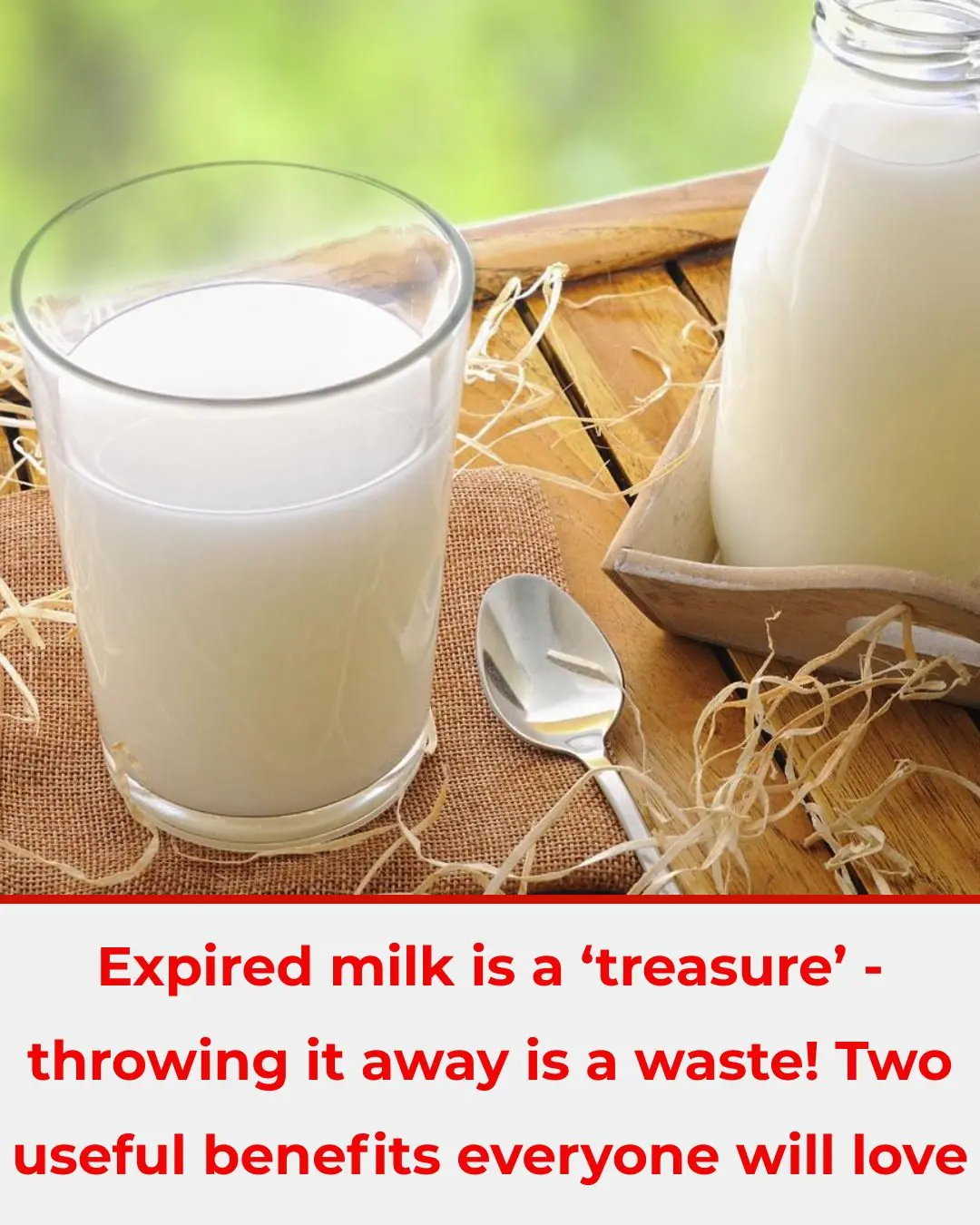
Expired Milk Isn’t Just Waste — 2 Useful Ways to Reuse It (If It’s Not Spoiled)

Sheila Brown Becomes The First Black Woman To Own A Radio Station In Buffalo, New York

Deion Sanders Delivers a Beautiful Mother’s Day Tribute to His Mom, Ms. Connie Knight

‘Never Seen Stephen A. Smith Look So Scared’: Serena’s Husband Pulls Up to Stephen A. Smith’s Workplace to Confront Him Following ESPN Host’s Comments About Tennis Star
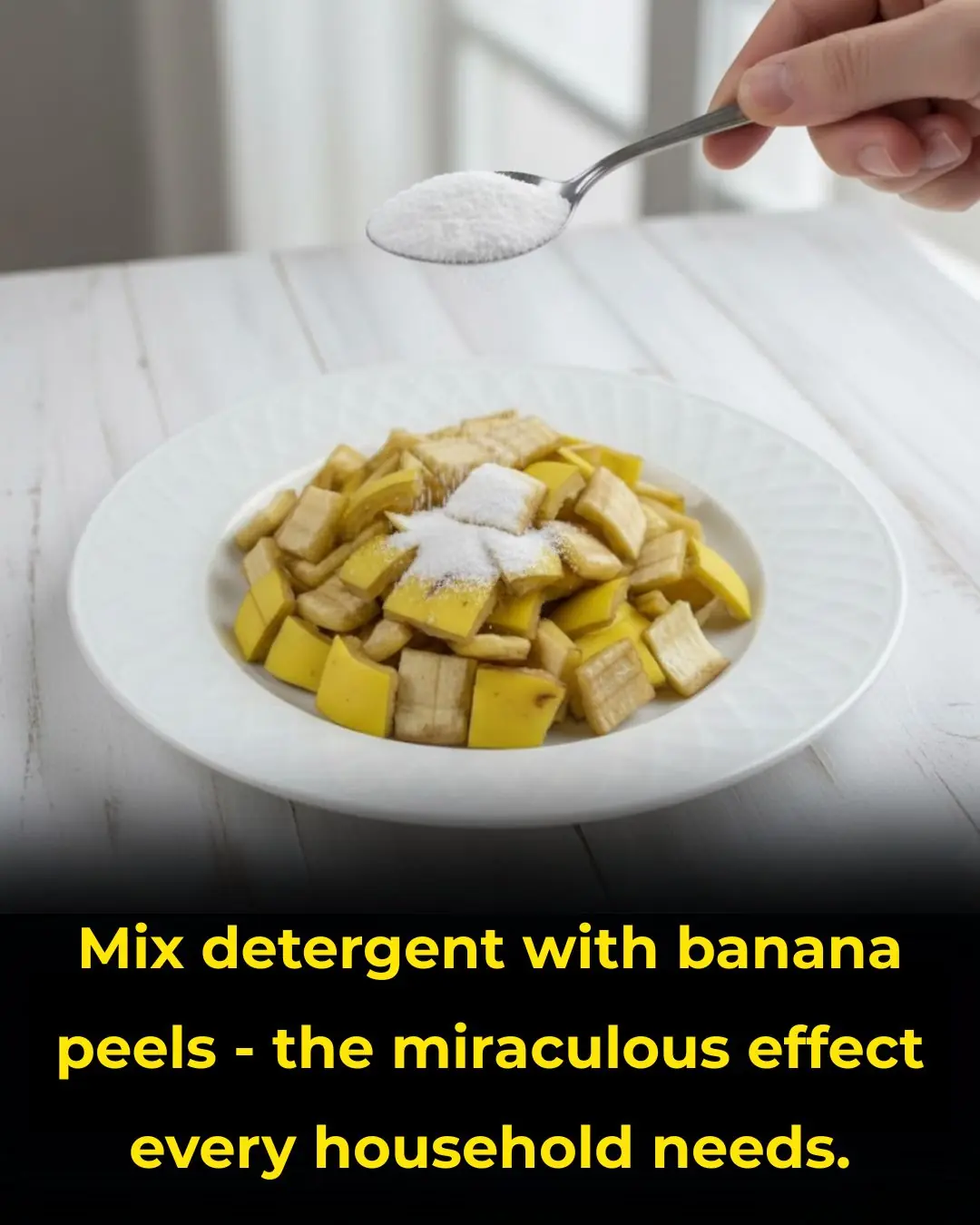
Mixing Banana Peels with Laundry Detergent — What It Claimsto Do (And What to Watch Out For)
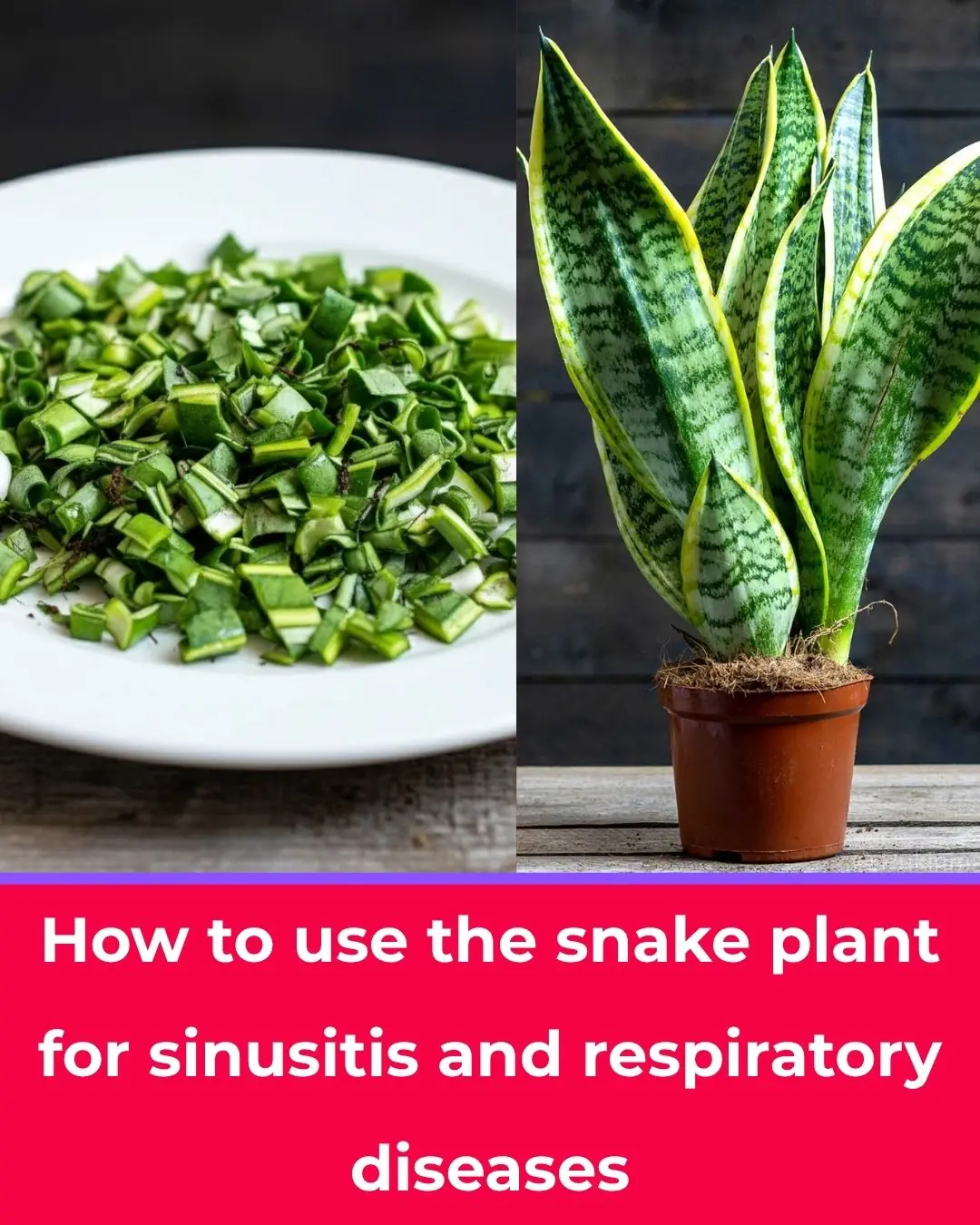
How to Use Snake Plant (Sansevieria) for Sinusitis and Other Respiratory Conditions

Toilet Bowl Covered in Yellow Stains? You Don’t Need to Scrub Hard — Use These Simple Tricks to Make It Sparkling Again
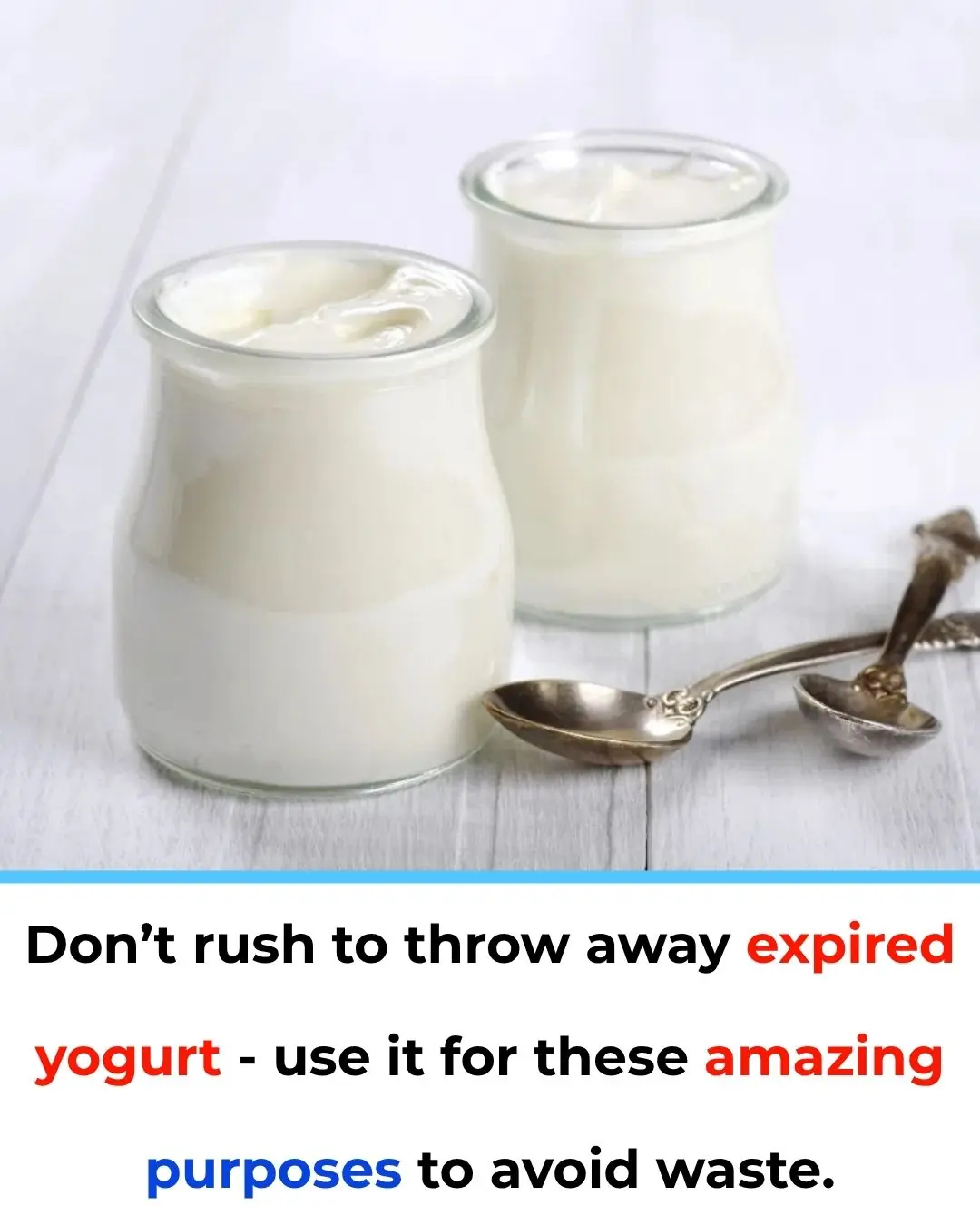
What to Do with Yogurt Past Its Expiration — 4 Creative Uses (If It’s Still Good)

How to Tell Real Honey from Fake: The “Flip the Bottle” Test and Other Tips
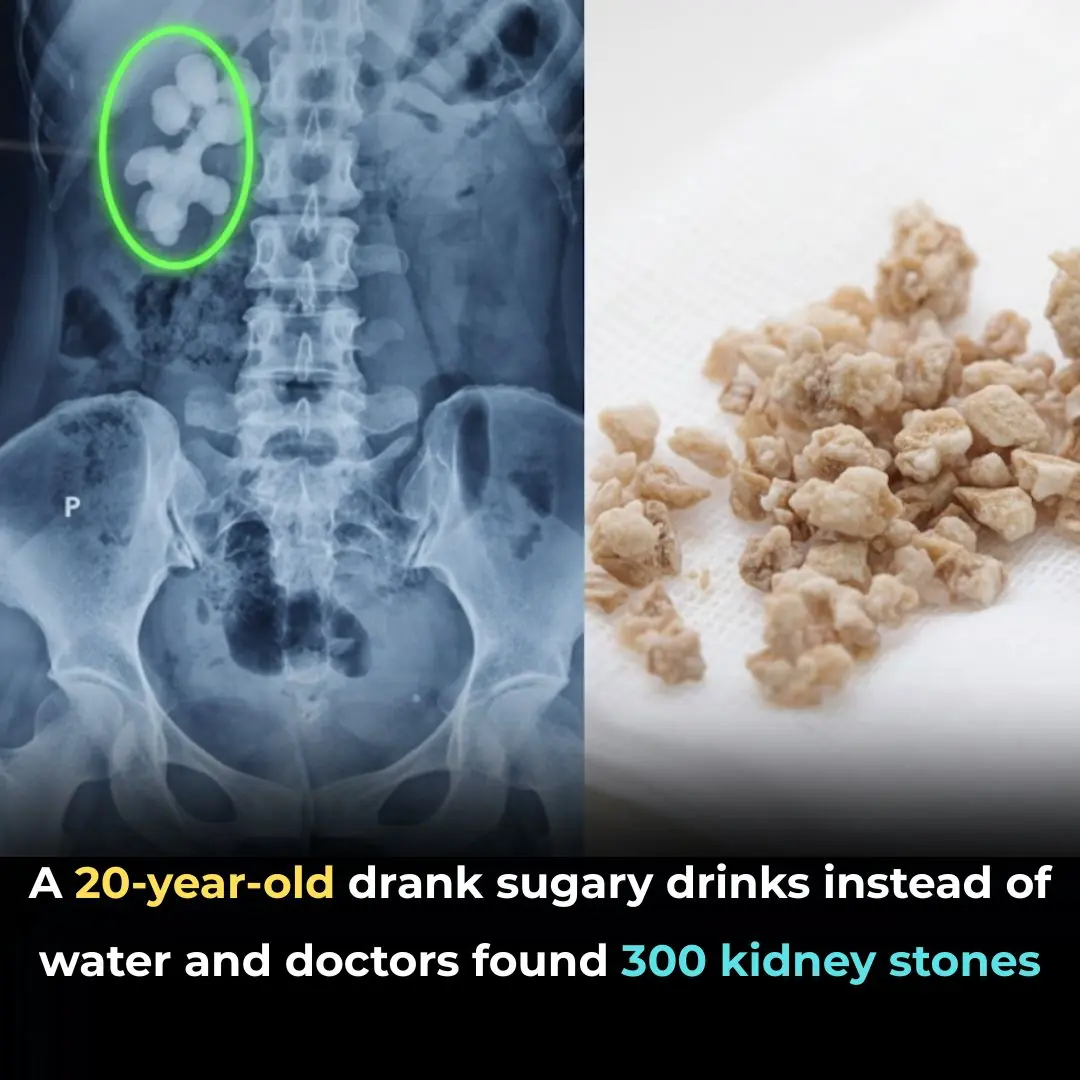
Woman in Taiwan Found With 300 Kidney Stones After Years of Drinking Bubble Tea

Priest who 'died and went to hell' after heart attack reveals what he really saw

Donald Trump warns he could use centuries-old act to send military to specific US states
News Post

The Man Who Remembers Hunger: Why One Act of Kindness Matters.

The Little Elephant Who Was Born Different: A Pink Calf in the Wild

When Love Has No Address: A Man and His Dogs

A Boy, a Soldier, and an Umbrella: A Timeless Gesture of Respect
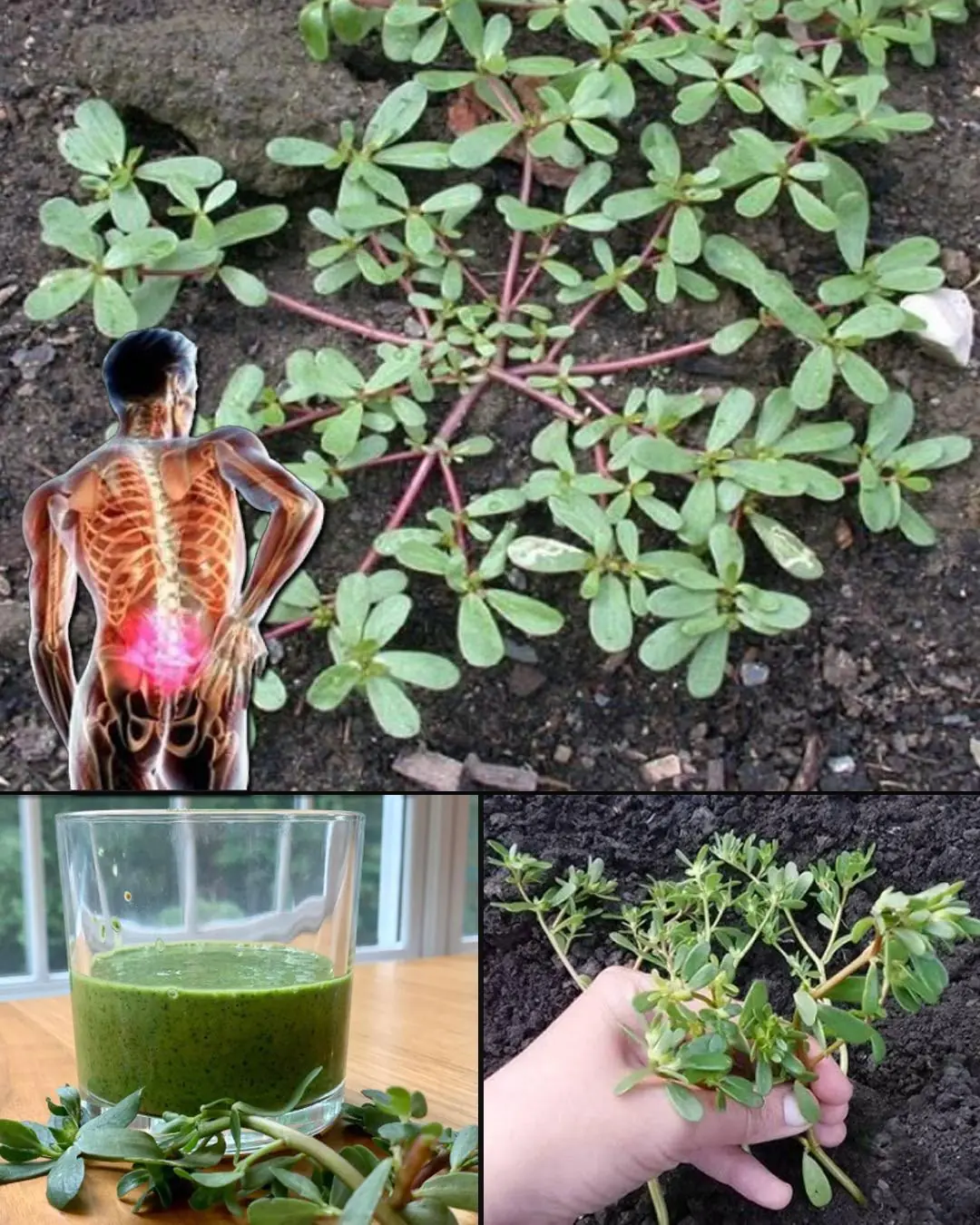
Purslane: The Superfood That Tastes Better Than Meat – 7 Reasons to Grow It in Your Garden
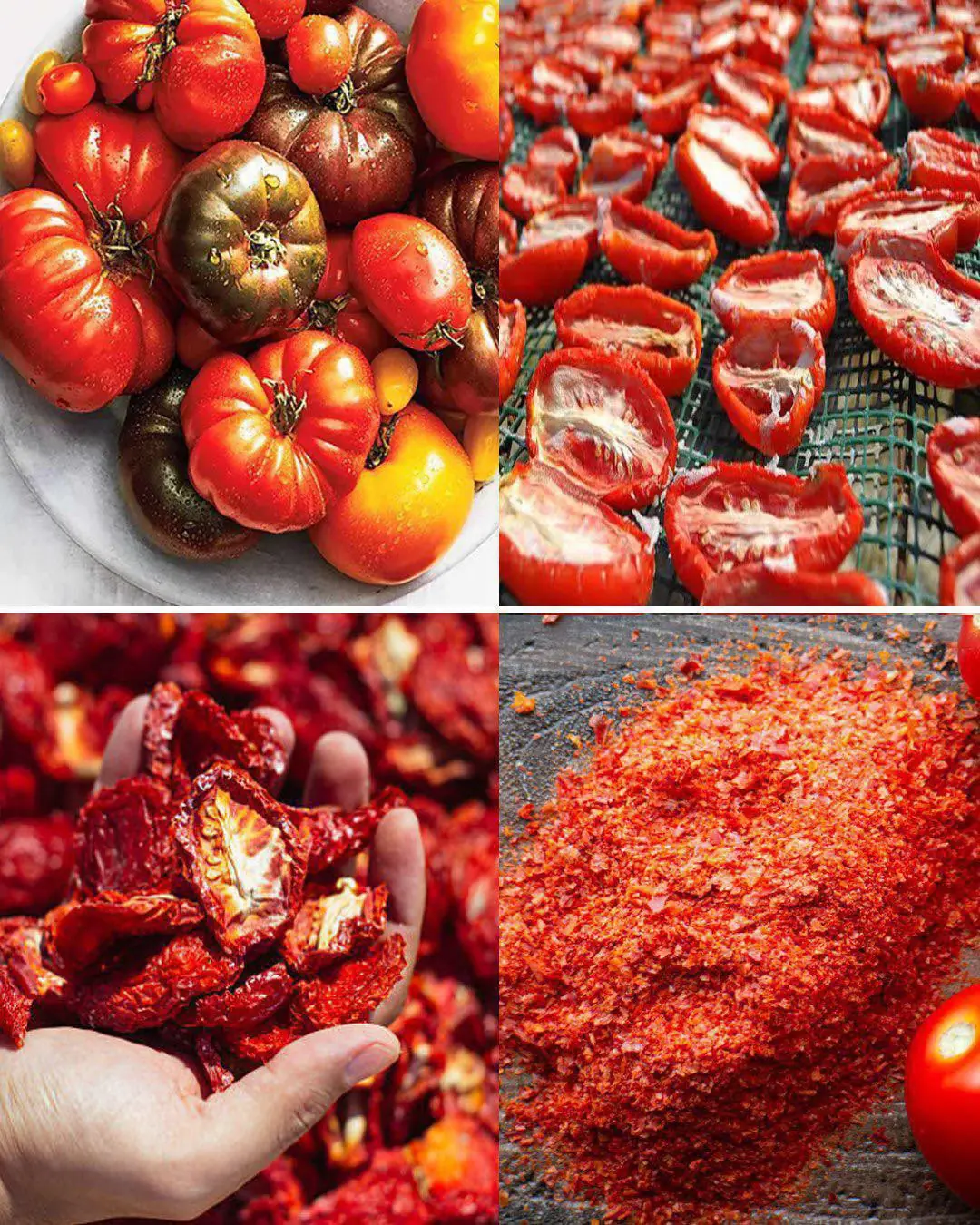
Don't Throw Old Tomatoes in the Trash.Turn them into flavorful tomato powder.
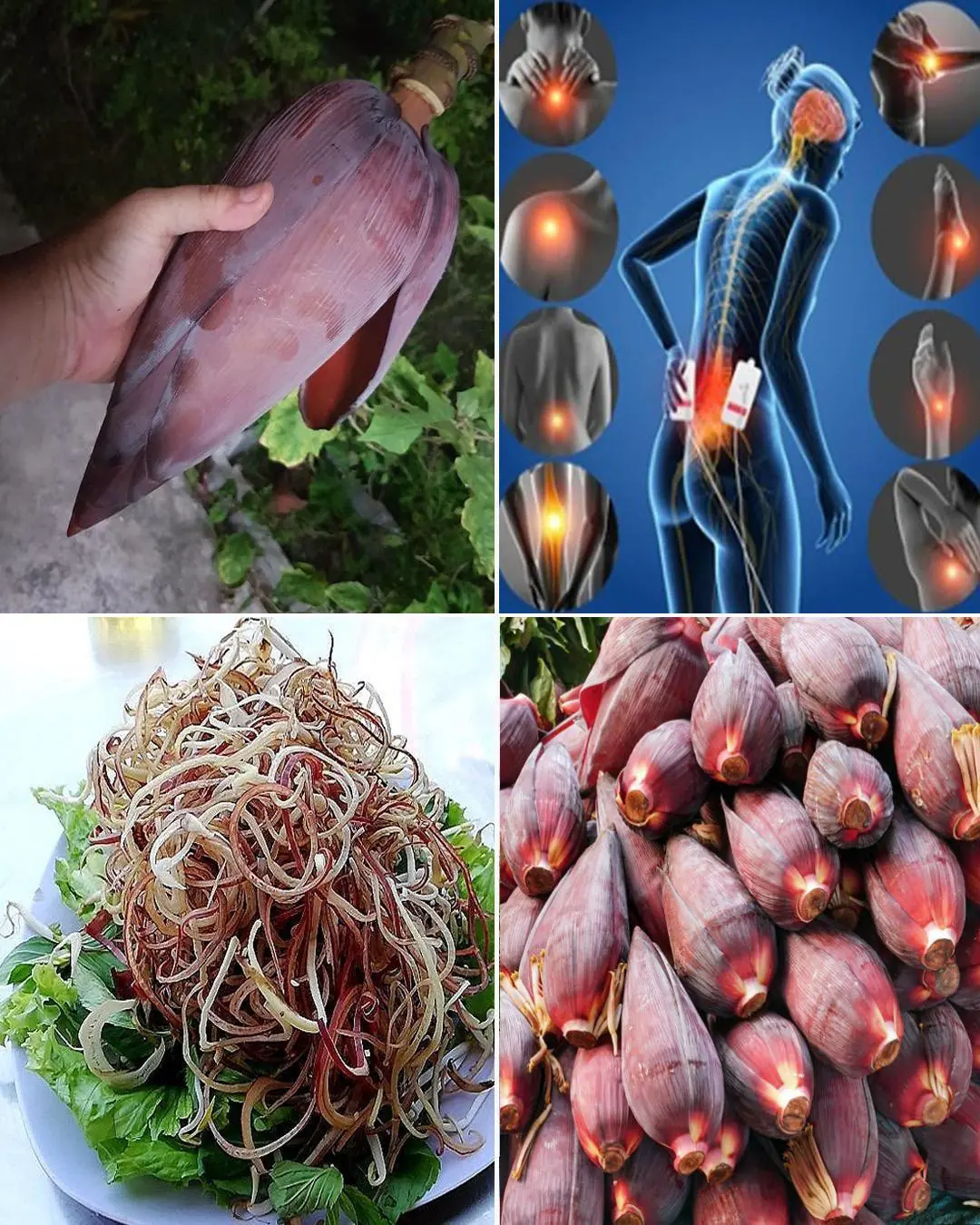
Banana Blossom: Health Benefits, Recipes, and Uses
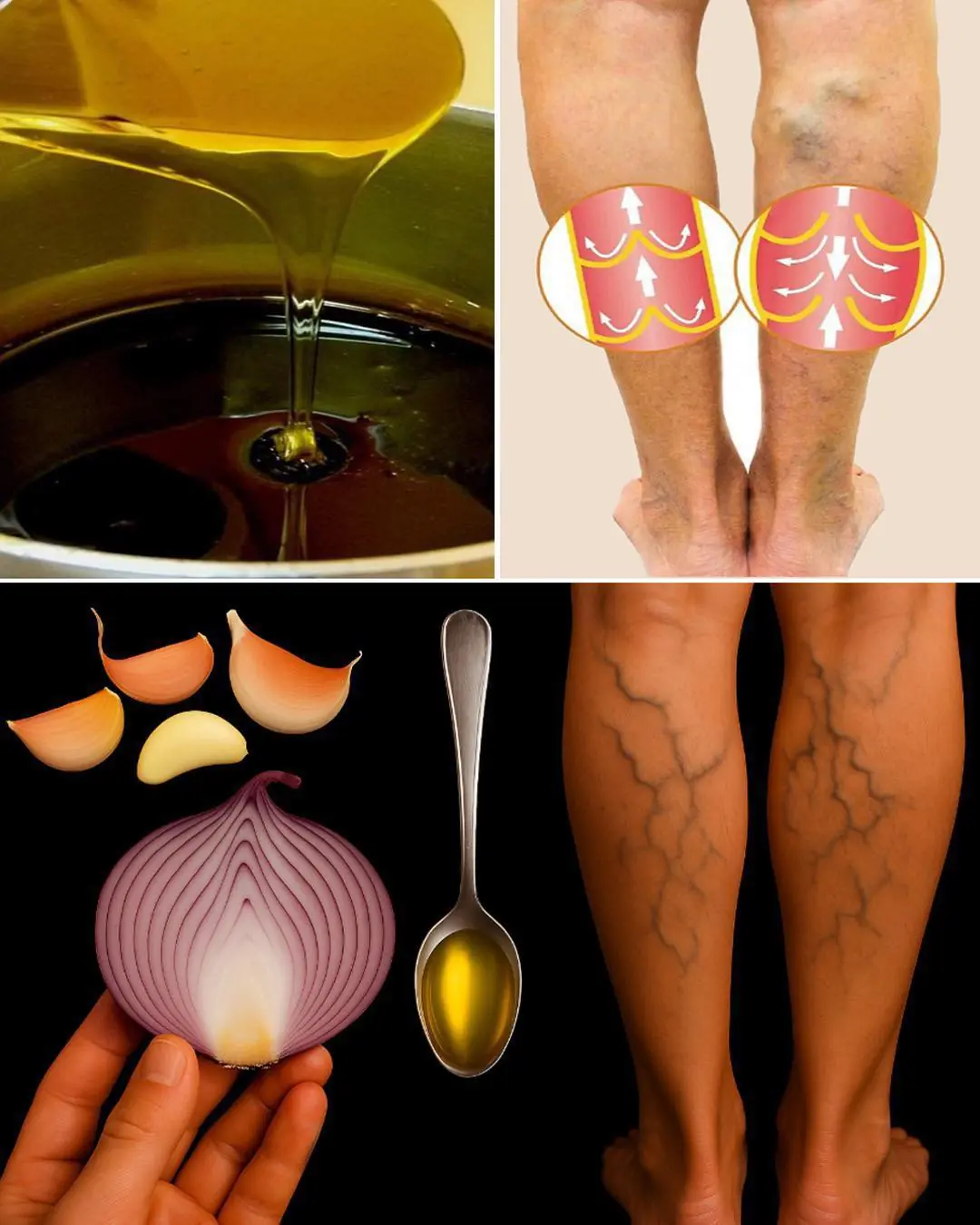
Onion, Garlic, and Olive Oil Remedy for Varicose Veins: Natural Treatment and Benefits

The Photo of the Year: A Glimpse of Courage the World Must Not Forget
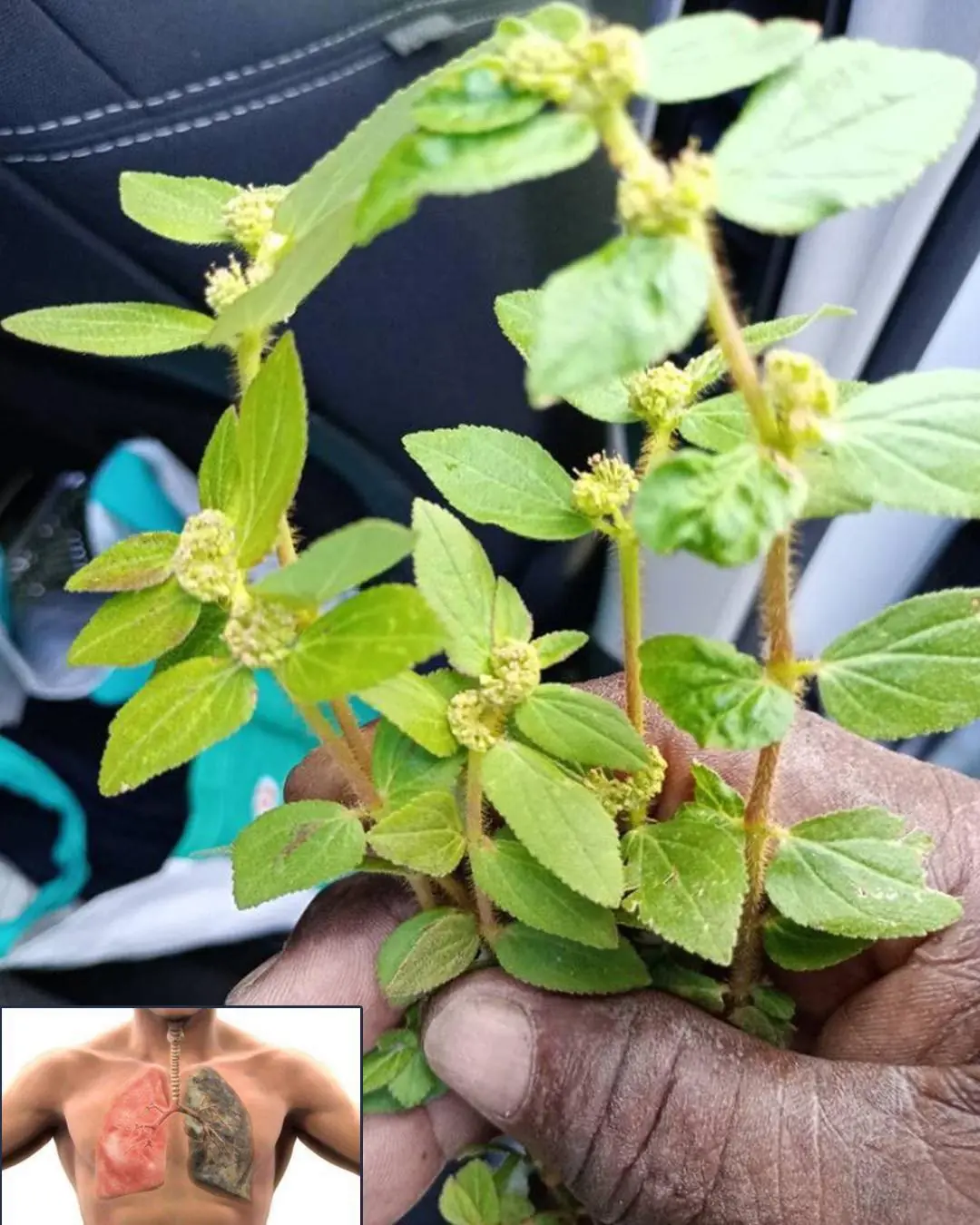
7 Surprising Benefits of Euphorbia Hirta
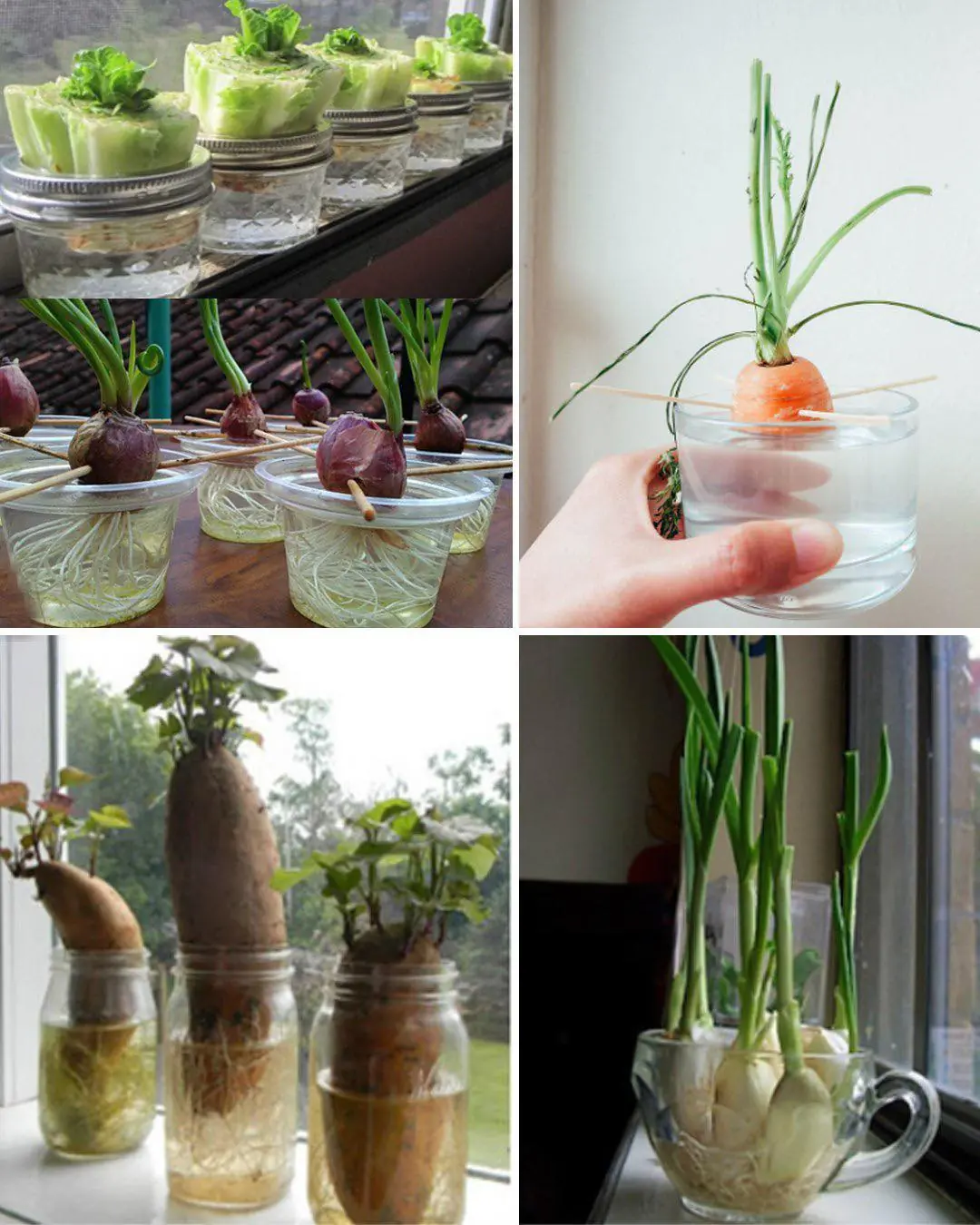
How to Regrow Food in Water: 10 Foods that Regrow Without Dirt

Firefighters Save Trapped Fawn from Storm Drain, Reuniting It with Nature
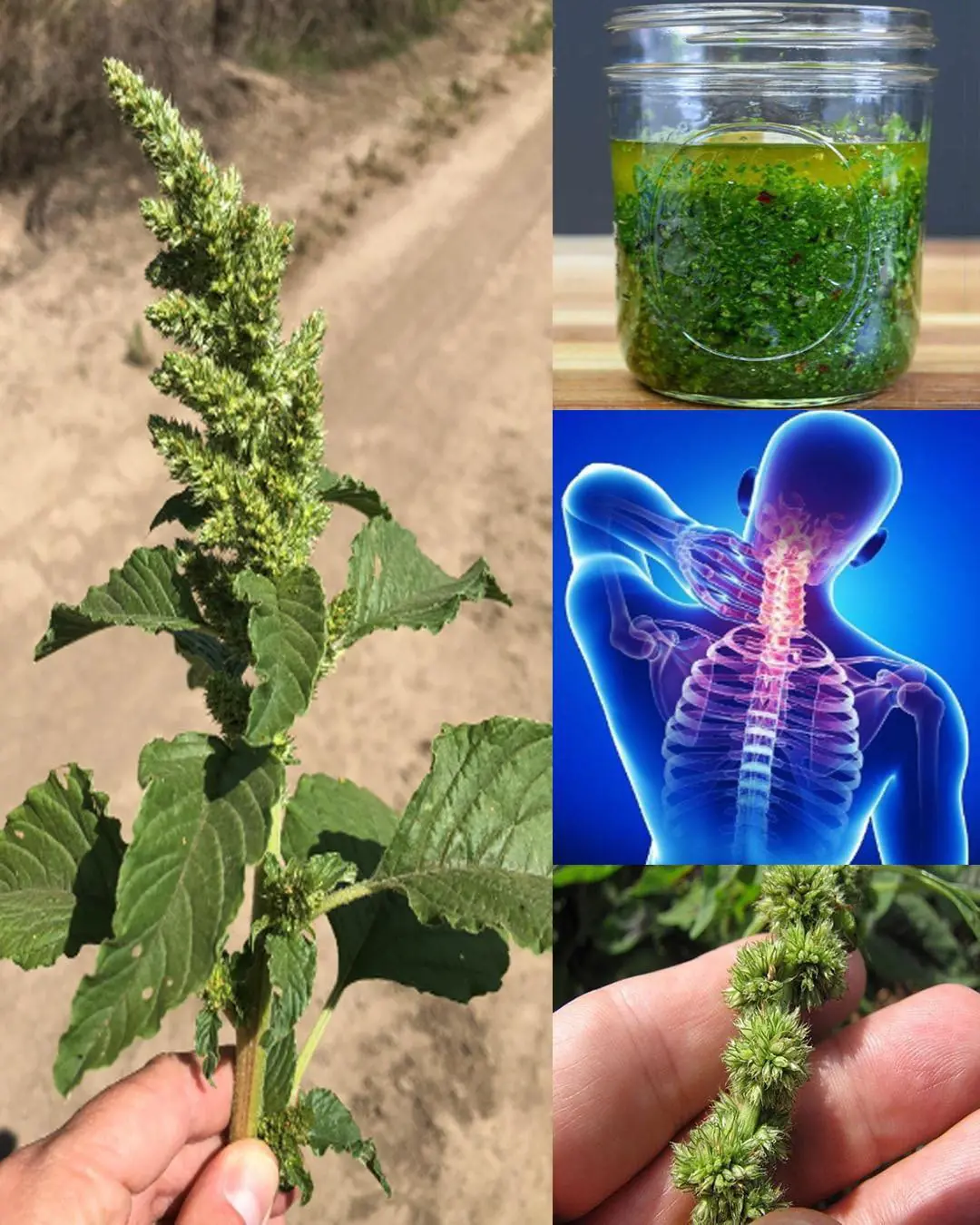
10 benefits of pigweed
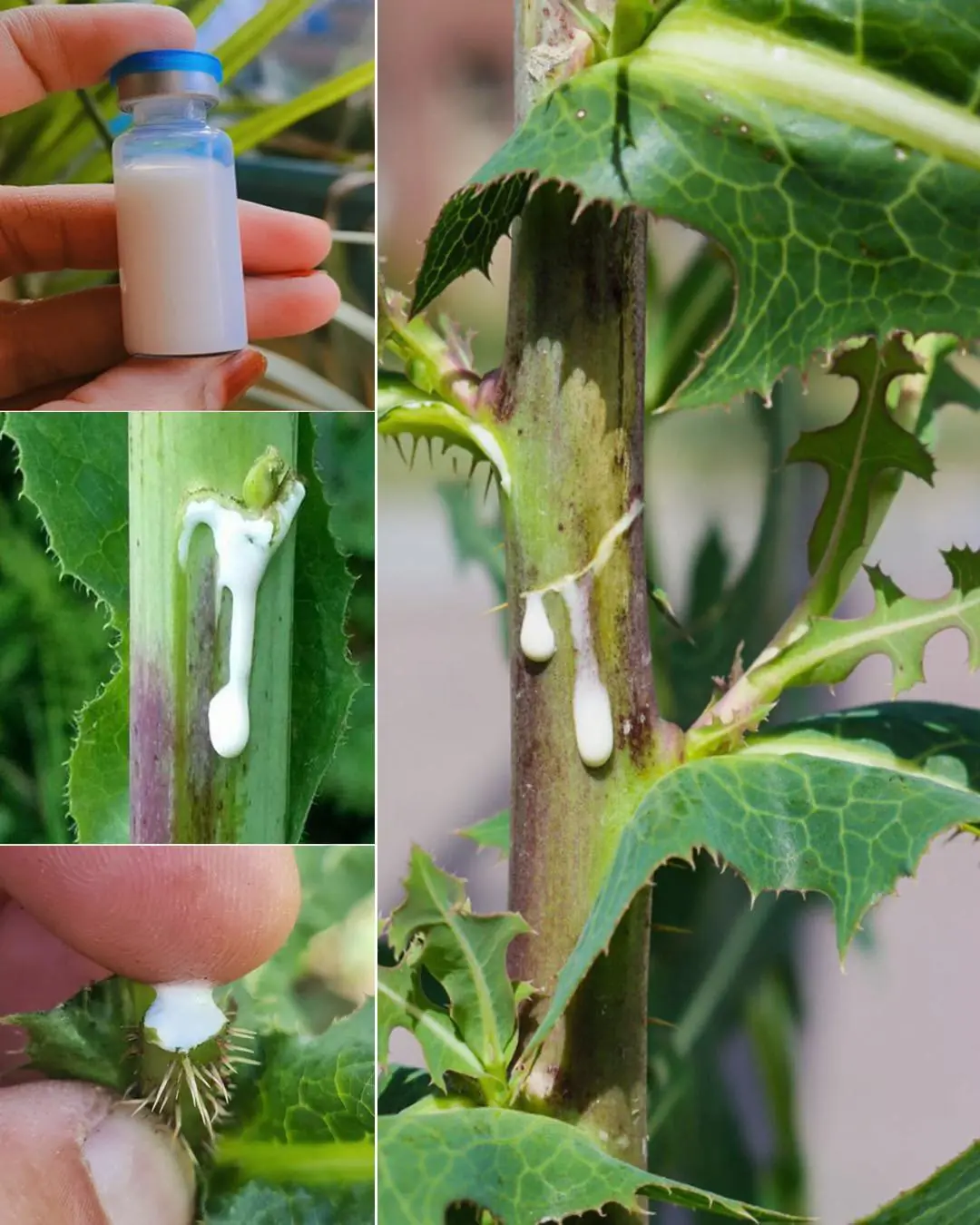
Wild Lettuce Sap: Benefits and Uses

When “Just a Dog” Becomes the Difference Between Life and Death

Teddy’s Hug: A Rescue Story of Unbreakable Love

Benny’s Redemption: A Journey from Loneliness to Love

Man has stroke after bathing right after meal: 3 mistakes you shouldn’t make

Redemption in Yarn and Paws: How a Cat Gave My Brother Back His Life
